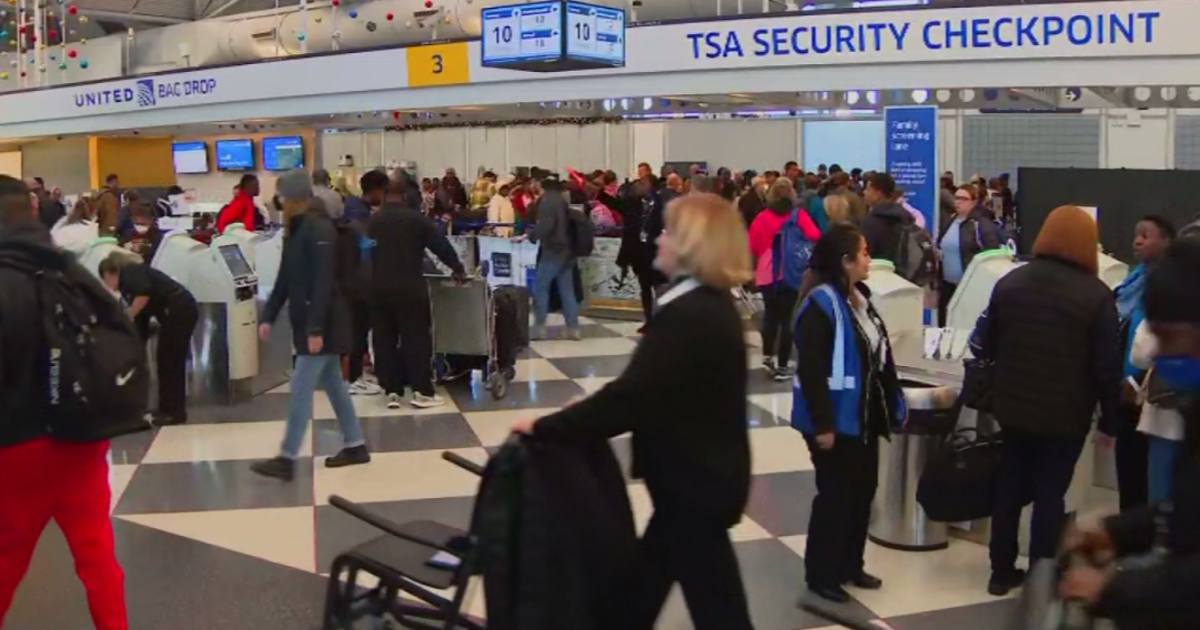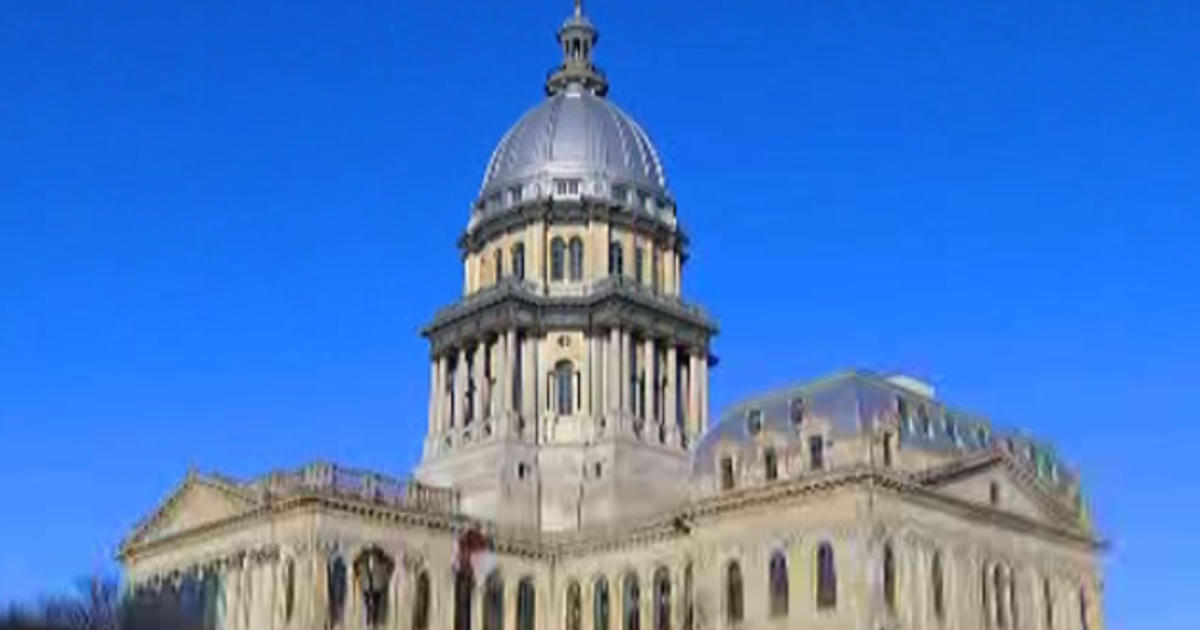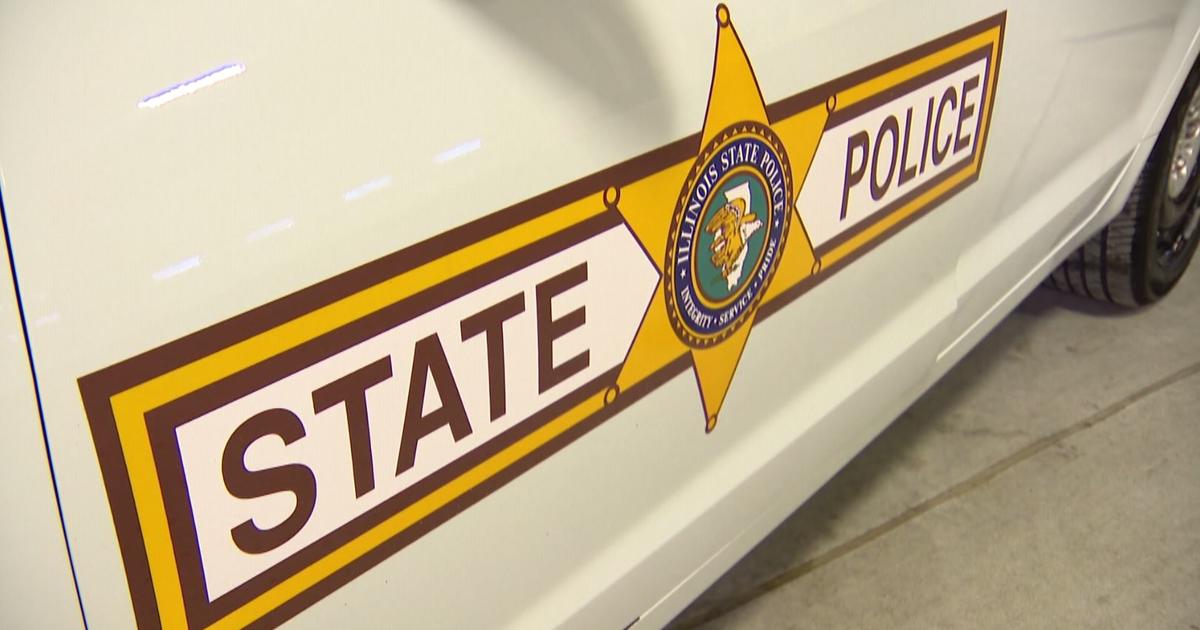More Than 200 New Laws Set To Take Effect
UPDATED 12/29/11 12:30 p.m.
CHICAGO (CBS) -- As the calendar clicks over to a new year on Sunday, more than 200 new laws are going into effect in Illinois.
As WBBM Newsradio's Bernie Tafoya reports, among them is a statewide law banning the sale of synthetic marijuana.
LISTEN: WBBM Newsradio's Bernie Tafoya reports
Podcast
Widely considered far more dangerous than real marijuana, synthetic marijuana is typically sold as potpourri or herbal incense, but is readily available even in convenience stores and gas stations.
Max Dobner, 19, bought synthetic marijuana at a west suburban mall and experienced a panic attack, with rapid heartbeat and hallucinations after using it. He drove his car at 100 miles per hour into a home in the far west suburb.
Under the new law, anyone who sells synthetic marijuana could be charged with a Class 3 felony, and could go to prison for five years and be charged a $150,000 fine. Any illegal stock, and the entire shop where it is sold, could be seized.
A ban on synthetic marijuana took effect in Chicago on Dec. 14.
Also starting Jan. 1, people convicted of first-degree murder will be added to a new Murderer's Registry List. Killers will remain on the list for 10 years after getting out of prison.
The list will include names, addresses, places of employment, schools attended and photos for offenders. It will apply to those who were convicted of first-degree murder in Illinois before June 1998.
The reason he was released early was a provision in Illinois law before 1998, in which prisoners got one day off their sentence for every day they served in prison, CBS 2 Legal Analyst Irv Miller explained at the time.
A third major law forbids throwing used electronics such as TVs, computers or laptops in the garbage.
Inside many of those devices, especially computer monitors, is a lot of hazardous material including lead and mercury. If it winds up in a landfill, it could pollute our air and water.
In another new law, schools will be able to expel students who make explicit threats on the Internet aimed at other students or school employees. The tough new law is aimed to prevent online bullying.
Also, co-payments will go up from $2 to $5 for prison inmates for non-emergency medical and dental visits.
Another new law will require all public colleges and universities to track students who are the first in their families to attend college.
Counties will be able to use unemployment lists to find more names of people to ask to serve on juries, and rental car companies will be allowed to give your name to the Secretary of State's office if you go through a red light with a traffic camera. That way you are liable for the ticket, not the rental car company.
In state laws, the terms "mental retardation " and "crippled" will be replaced with the words "intellectual disability" and "physically disabled."
And motorcyclists will be able to wait a reasonable length of time before going through a red light, although "reasonable length of time" has not been defined.



